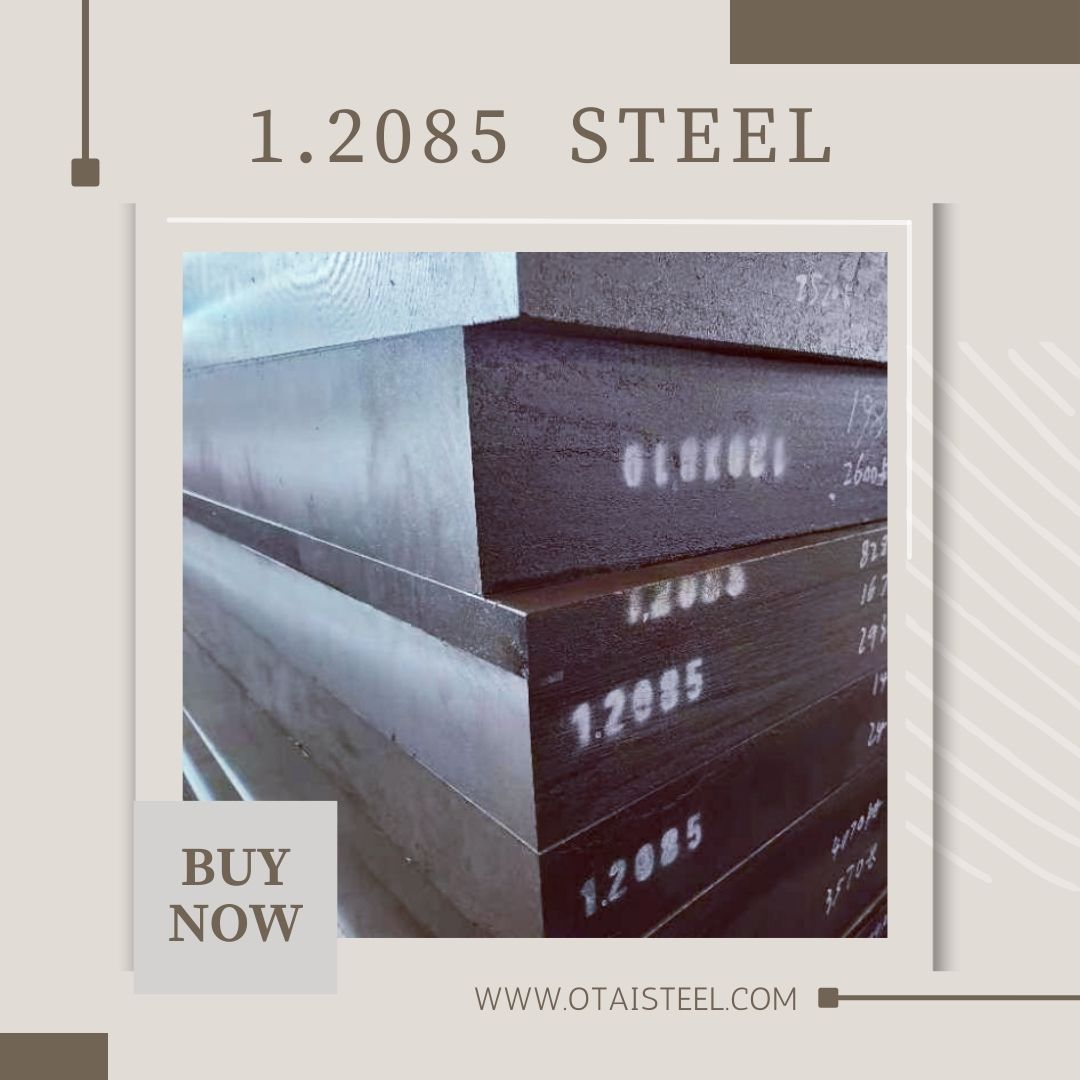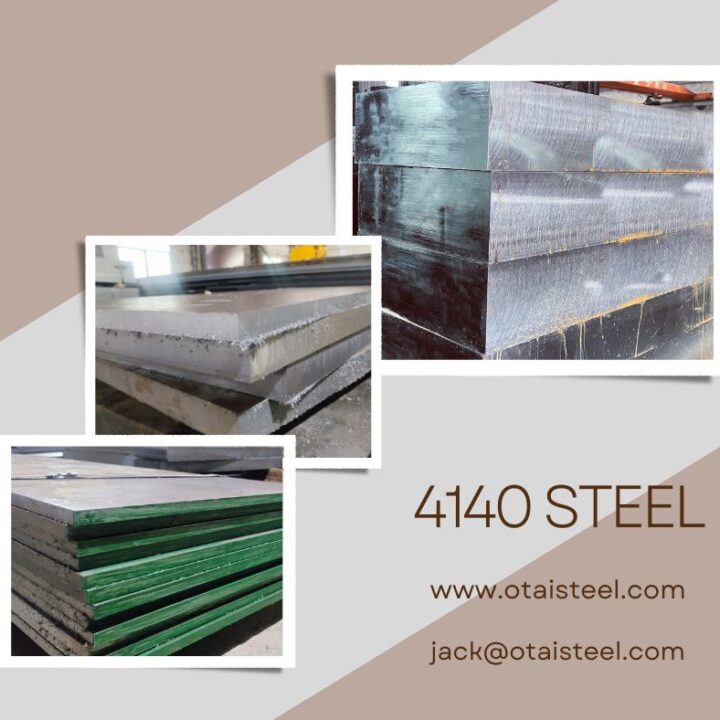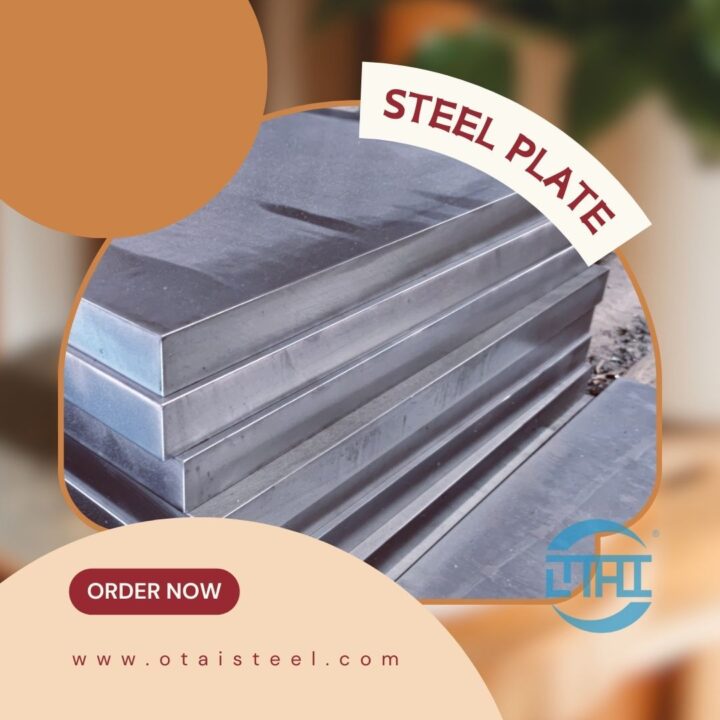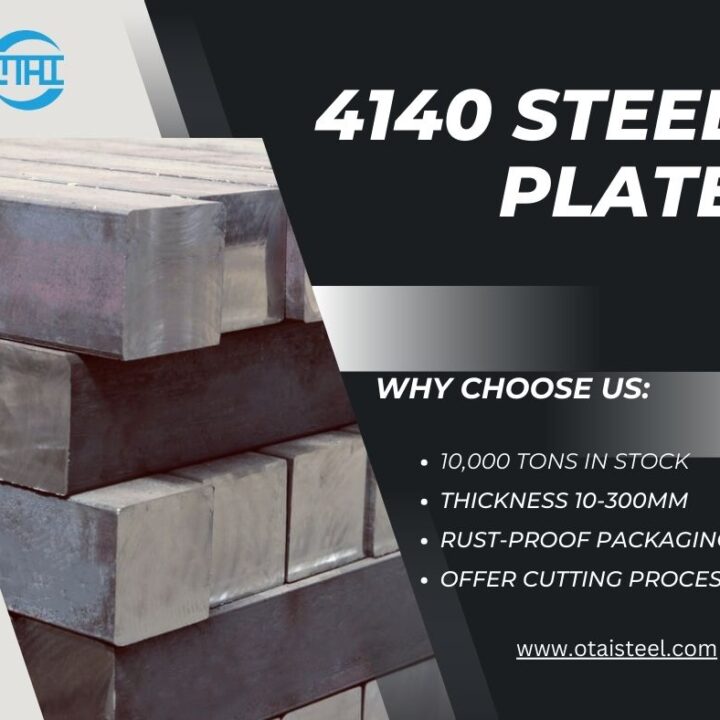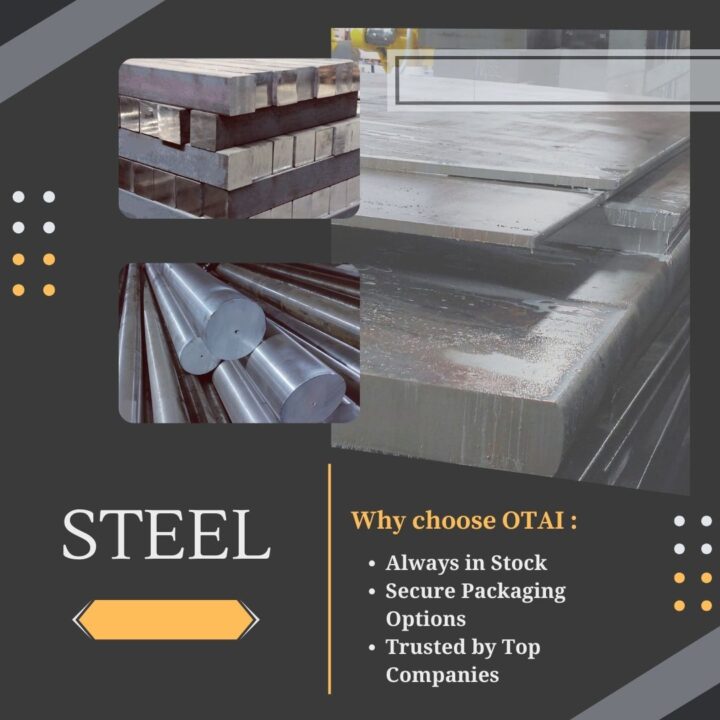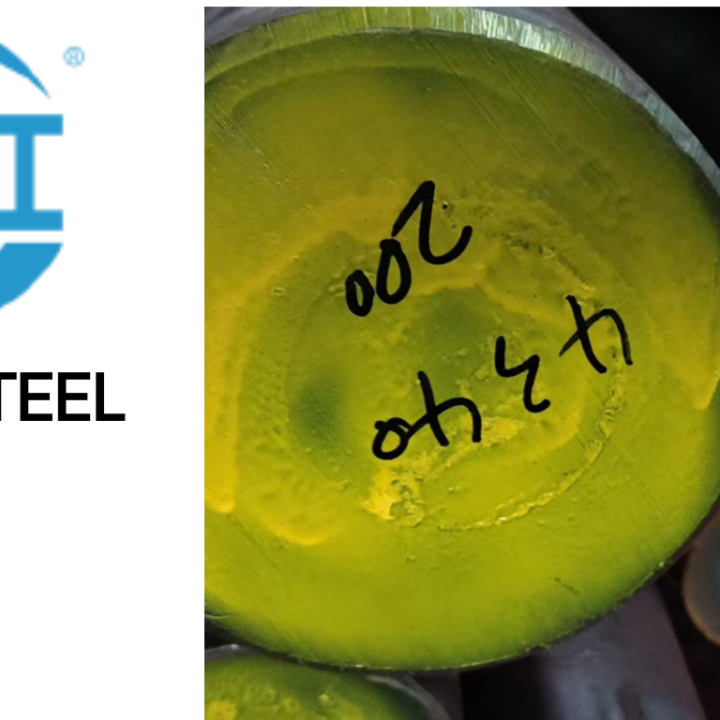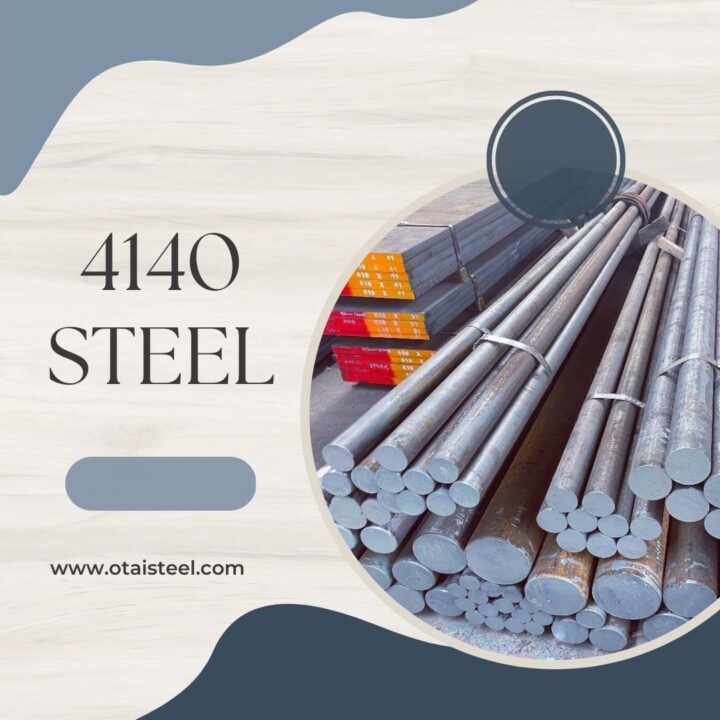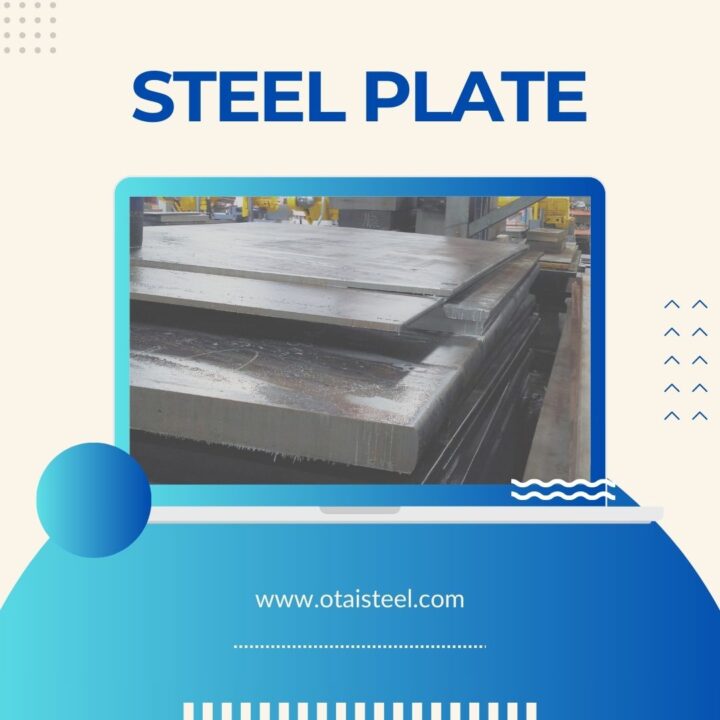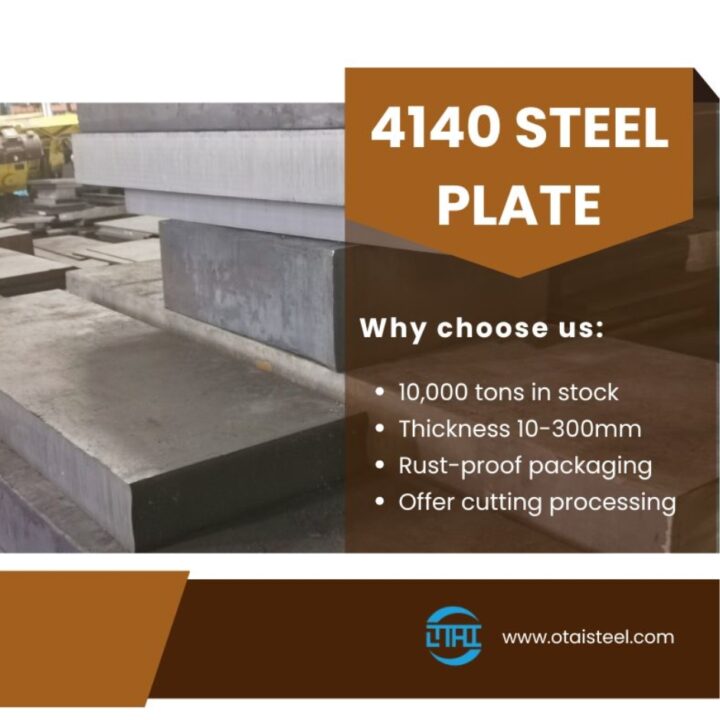Steel is the backbone of modern industries, providing strength and durability to countless applications. In this article, we’ll delve into the world of 1.2085 steel and its equivalents, exploring their properties, applications, and advantages. (1.2085 steel equivalent)
Understanding 1.2085 Steel
1.2085 steel, also known as 420M, is a martensitic stainless steel renowned for its exceptional corrosion resistance and high strength. It is primarily composed of iron, chromium, and carbon, with small amounts of other alloying elements.
Properties of 1.2085 Steel
-
- Corrosion Resistance: One of the standout features of 1.2085 steel is its resistance to corrosion. It can withstand exposure to moisture, chemicals, and even some acids, making it ideal for applications in harsh environments.
- High Hardness: 1.2085 steel can be hardened to achieve impressive levels of hardness, making it suitable for cutting tools and precision components.
- Toughness: Despite its hardness, this steel also exhibits good toughness, ensuring it can withstand impact and heavy loads.
- Machinability: It is relatively easy to machine 1.2085 steel, making it a favorite choice in manufacturing processes.
Common Applications
1.2085 steel finds its way into various industries, including:
- Cutlery: High-quality knives and surgical instruments often use 1.2085 steel due to its corrosion resistance and sharpness retention.
- Plastic Molds: The steel’s excellent hardness and toughness make it a preferred material for creating plastic injection molds.
- Aerospace: Some aircraft components rely on 1.2085 steel for its strength and resistance to harsh flying conditions.
Equivalent Steel Grades
While 1.2085 steel is exceptional, it’s essential to explore equivalent steel grades to understand their suitability for specific applications. Some equivalent grades include:
- AISI 420: This American grade steel is similar to 1.2085 and is commonly used for cutlery and surgical instruments.
- DIN 1.4034: A German equivalent, often chosen for its corrosion resistance and machinability.
- JIS SUS420J2: This Japanese grade offers good corrosion resistance and is utilized in various industrial applications.
Working with 1.2085 Steel
Machining, welding, and heat treatment are essential aspects of working with 1.2085 steel. Understanding these processes is vital for achieving the desired results.
Advantages and Disadvantages
1.2085 steel has several advantages, including its corrosion resistance, hardness, and machinability. However, it’s not without its limitations, such as limited high-temperature performance.
Comparing 1.2085 Steel to Other Materials
To make informed decisions, it’s crucial to compare 1.2085 steel to alternative materials. While it excels in certain areas, it might not be the best choice for all applications.
1.2085 steel and its equivalents offer a world of possibilities in various industries. Their unique combination of properties makes them stand out in terms of corrosion resistance, hardness, and machinability. Whether you’re in cutlery, plastics, or aerospace, these steels have proven their worth.
